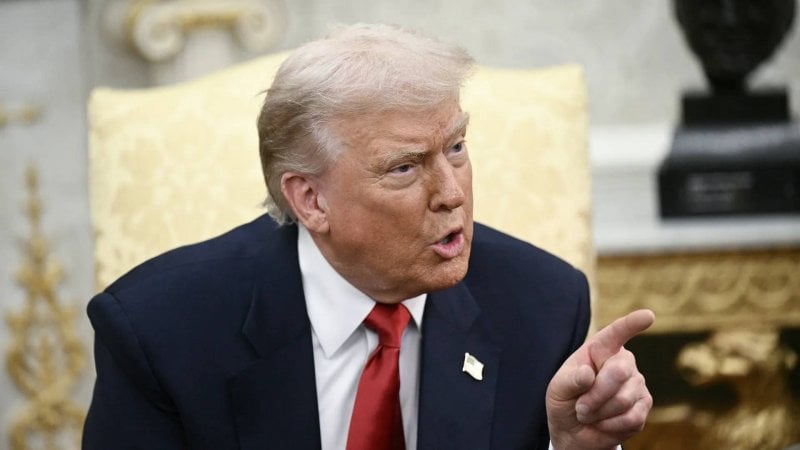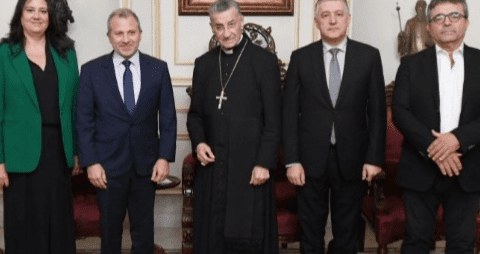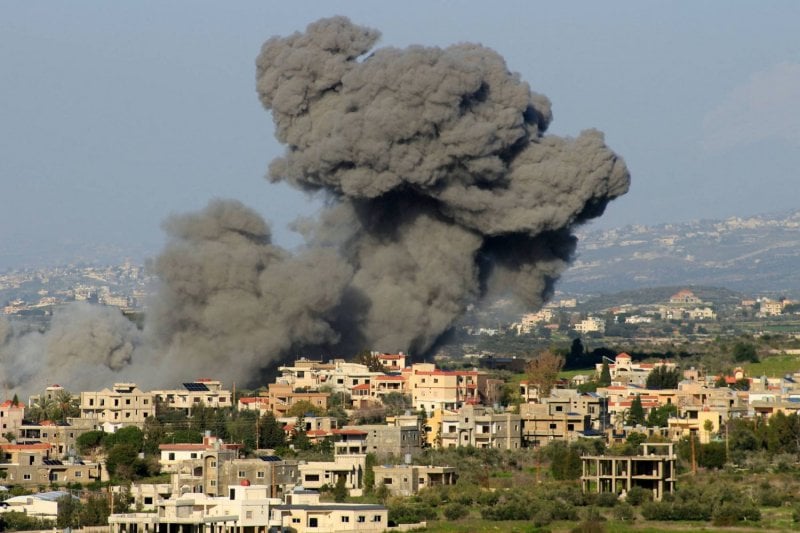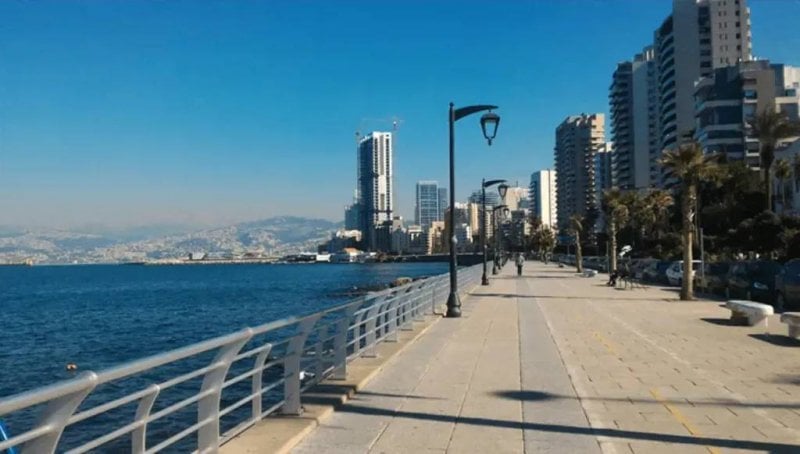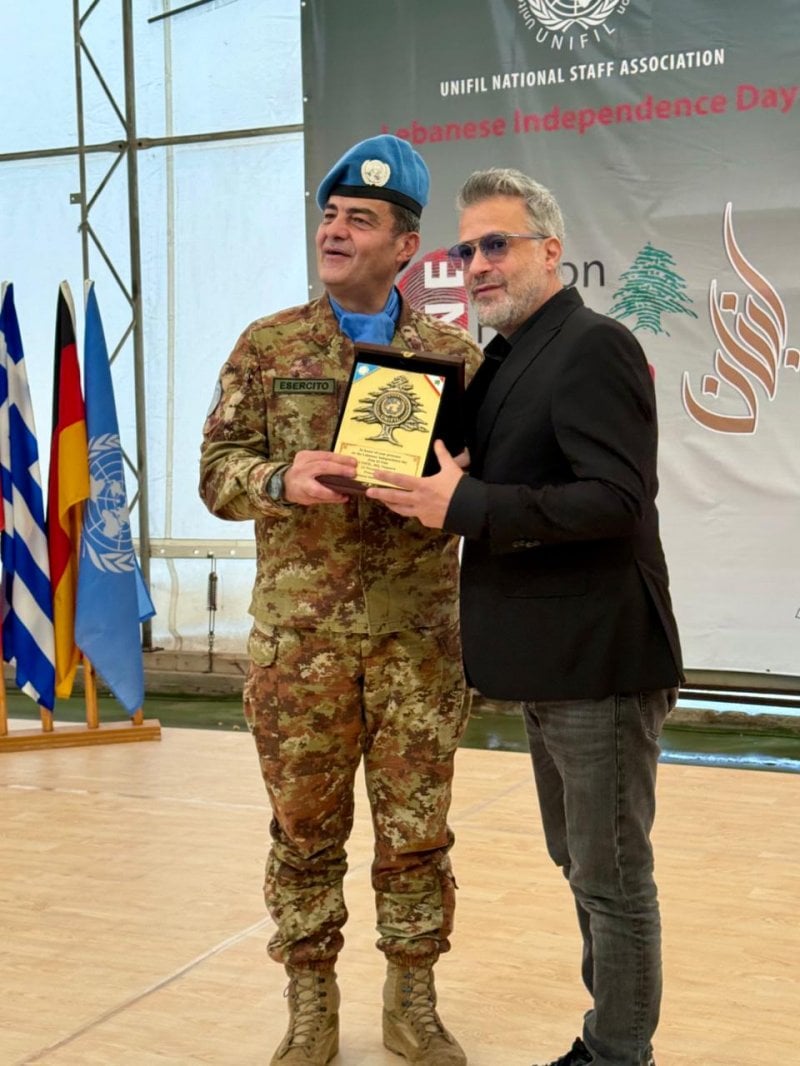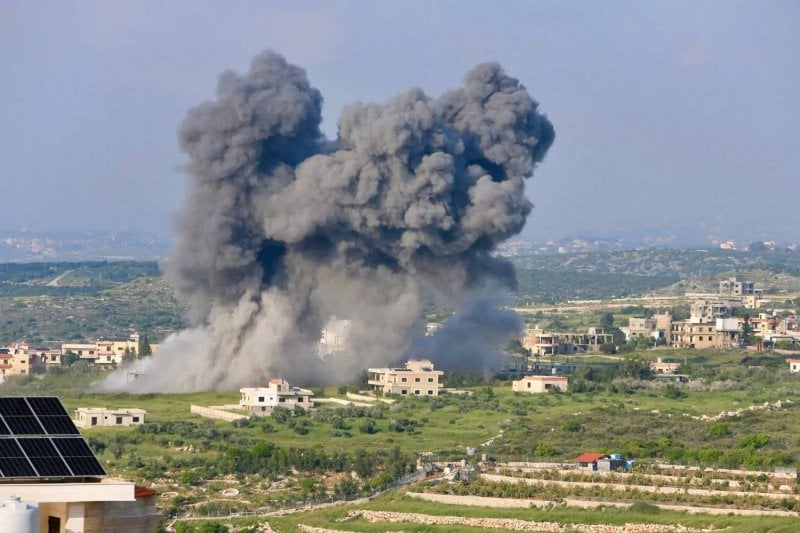
Amid escalating Israeli threats and ongoing raids, the idea of indirect negotiations between Lebanon and Israel is surfacing in Lebanese official circles. However, so far, there is no clear vision, especially since negotiation within the framework of the Ceasefire Monitoring Committee may have limited impact. Nevertheless, writer and political analyst Daoud Ibrahim refuses to rush into any discussion about negotiations, whether direct or indirect.
Ibrahim believes that before delving into determining “what is best for Lebanon” in terms of the type of negotiations, fundamental questions must be answered regarding “trust in whom we will negotiate with and who sponsors these negotiations, and whether the ceasefire agreement, which Lebanon has fully adhered to, is respected, while Israel has not stopped violating it, almost daily for nearly a year, or whether the mediating and sponsoring countries of the agreement have played their role in restraining Israel from what it is doing, or whether we have succeeded through international legitimacy, diplomatic relations, and Arab countries in stopping the ongoing Israeli attacks and crimes.”
Ibrahim emphasizes that “answering these questions saves us a lot, including what direct or indirect negotiations can achieve for Lebanon, and whether we can trust their results, especially since the examples are present and visible and do not need evidence. Therefore, before we open a new page or a new initiative, we must ask what we have benefited from international mediators and what we have achieved?”
Ibrahim moves on to the issue of Lebanese prisoners in Israeli prisons, pointing out that Lebanon recently released an Israeli citizen who was being held, but was unable to free the Lebanese prisoners in the occupation’s prisons, asking: “Where did their issue go? What do international envoys say about this? Is there really anyone asking? What about the complaint to the Security Council, and did it achieve any result? Let those concerned answer these questions before starting to discuss the issue of negotiation, the sponsoring countries, who they stand with, and their role in supporting the enemy and directing greetings to them from our official platforms.”
Regarding the influx of envoys to Beirut, and whether this indicates an imminent outbreak of war, Ibrahim rules out the possibility of expanding the war, arguing that “as long as the war in its current form achieves what the enemy wants in terms of attrition, killing, and destruction, while the Lebanese state is in a state of clinical death, unless we consider official statements to be actually significant or that they have actual value at the international level.”
Ibrahim adds that Israel is implementing its plans, considering that “the Lebanese state is playing dead, and it is good at it. If it were not for some empty celebrations and taxes, of course, we would not have felt its presence.”
Therefore, Ibrahim stresses that “the war has not stopped, but it is taking a different form and will continue, and Israel can expand the scope of targeting, while official Lebanon waits for what international envoys bring and listens to them like a good boy. As for the diversity of international envoys recently, it comes under the title of testing the waters and exchanging roles only.”



